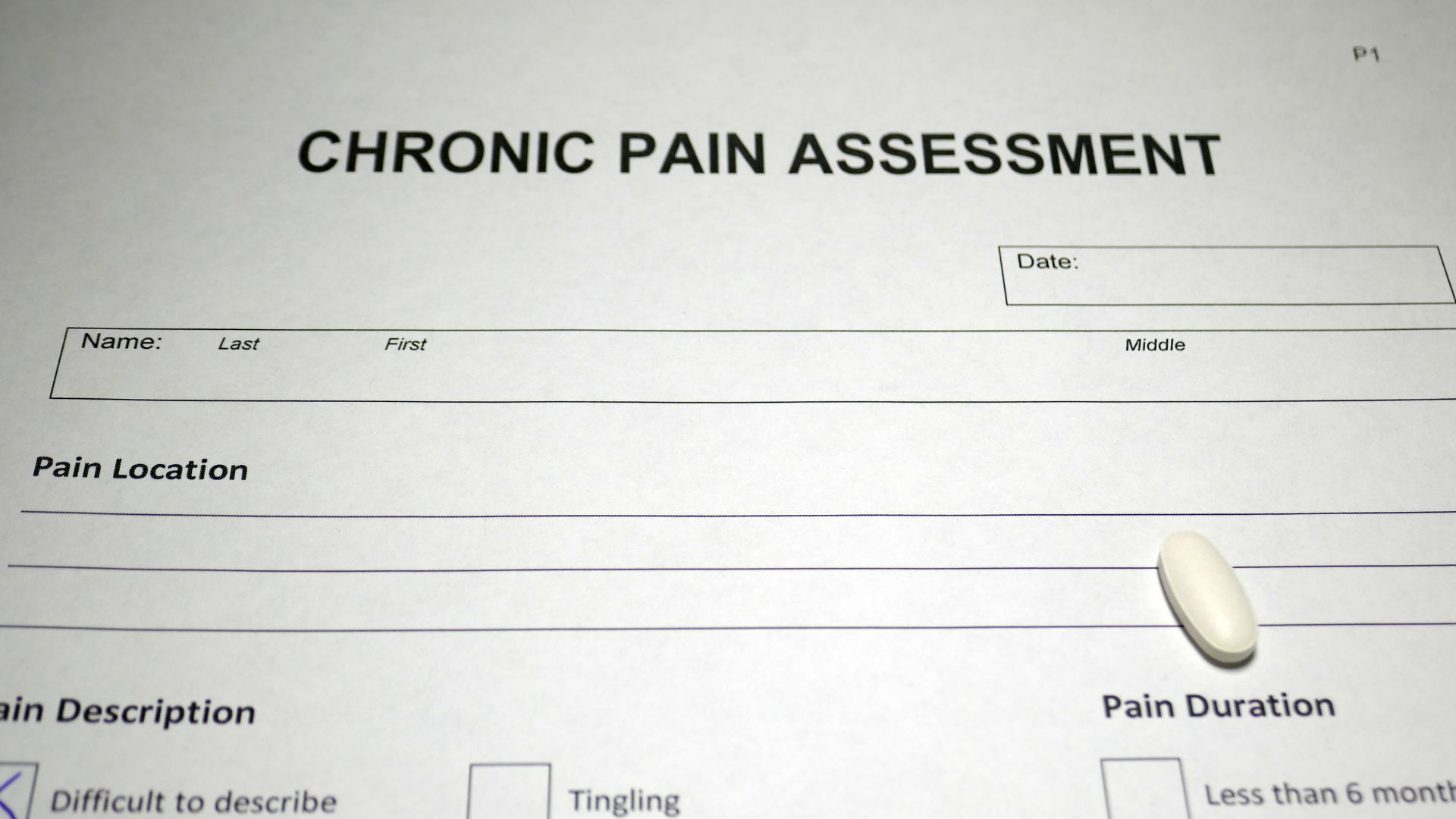
What Treatments Are Available For Chronic Pain
The severity and frequency of chronic pain can differ among individuals. So doctors create pain management plans that are specific to each person. Your pain management plan will depend on your symptoms and any underlying health conditions. Medical treatments, lifestyle remedies, or a combination of these methods may be used to treat your chronic pain.
When pain becomes such a problem that it interferes with your life’s work and normal activities, you may become the victim of a vicious circle. Pain may cause you to become preoccupied with the pain, depressed, and irritable.
Depression and irritability often lead to insomnia and weariness, leading to more irritability, depression, and pain. This state is called the “terrible triad” of suffering, sleeplessness, and sadness. The urge to stop the pain can make some people drug-dependent and may drive others to have repeated surgeries or resort to questionable treatments.
The situation can often be as hard on the family as it is on the one suffering from the pain. Medications, acupuncture, local electrical stimulation, and brain stimulation, as well as surgery, are some treatments for chronic pain. Some physicians use placebos, which in some cases has resulted in a lessening or elimination of pain.
Psychotherapy, relaxation and medication therapies, biofeedback, and behavior modification may also be employed to treat chronic pain. Many people with chronic pain can be helped if they understand all the causes of pain and the many and varied steps that can be taken to undo what chronic pain has done.
Scientists believe that advances in neuroscience will lead to more and better treatments for chronic pain in the years to come. Chronic pain is not always curable, but treatments can help.
There are drug treatments, including pain relievers. There are also non-drug treatments, such as acupuncture, physical therapy, and sometimes surgery.

There are a variety of treatment options for people with chronic pain. The goal of pain management is to provide symptom relief and improve an individual’s level of functioning in daily activities.
A number of types of medications have been used in the management of chronic pain, including acetaminophen, ibuprofen, aspirin, COX-2 inhibitors, antimigraine medications, sedatives, opioids, and antidepressants.
Nonpharmacologic treatments for chronic pain can include exercise, physical therapy, counseling, electrical stimulation, biofeedback, acupuncture, hypnosis, chiropractic medicine, and other treatments.
While a broken leg can be confirmed by an X-ray, and an infection can be confirmed by a blood test to measure white blood cell count, there is no medical test to measure chronic pain levels.
Thus, many people with chronic pain go from one doctor to the next searching for explanations. This process can lead to unnecessary evaluations and treatments.
Some people with chronic pain find benefits in complementary and alternative medicine (CAM). These involve treatments that are not part of mainstream medical care. Acupuncture and massage are examples of these treatments. Talk to your doctor before trying any CAM procedures.
There are no medical instruments to measure pain. It affects people differently, and doctors typically rely on a patient’s own description of their CPS before recommending pain management treatments. The use of ice, heat or electrical stimulation has not been found to be helpful with chronic pain.
Your physical therapist, however, will determine if any of these treatments could benefit your unique condition. Often more than one specialist will treat your chronic pain.
For example, a primary physician may manage your medicines, and a physiotherapist may help you restore function through exercise or other treatments. a professional counsellor may help you with coping with the pain and depression. Someone else may help you with acupuncture or yoga.